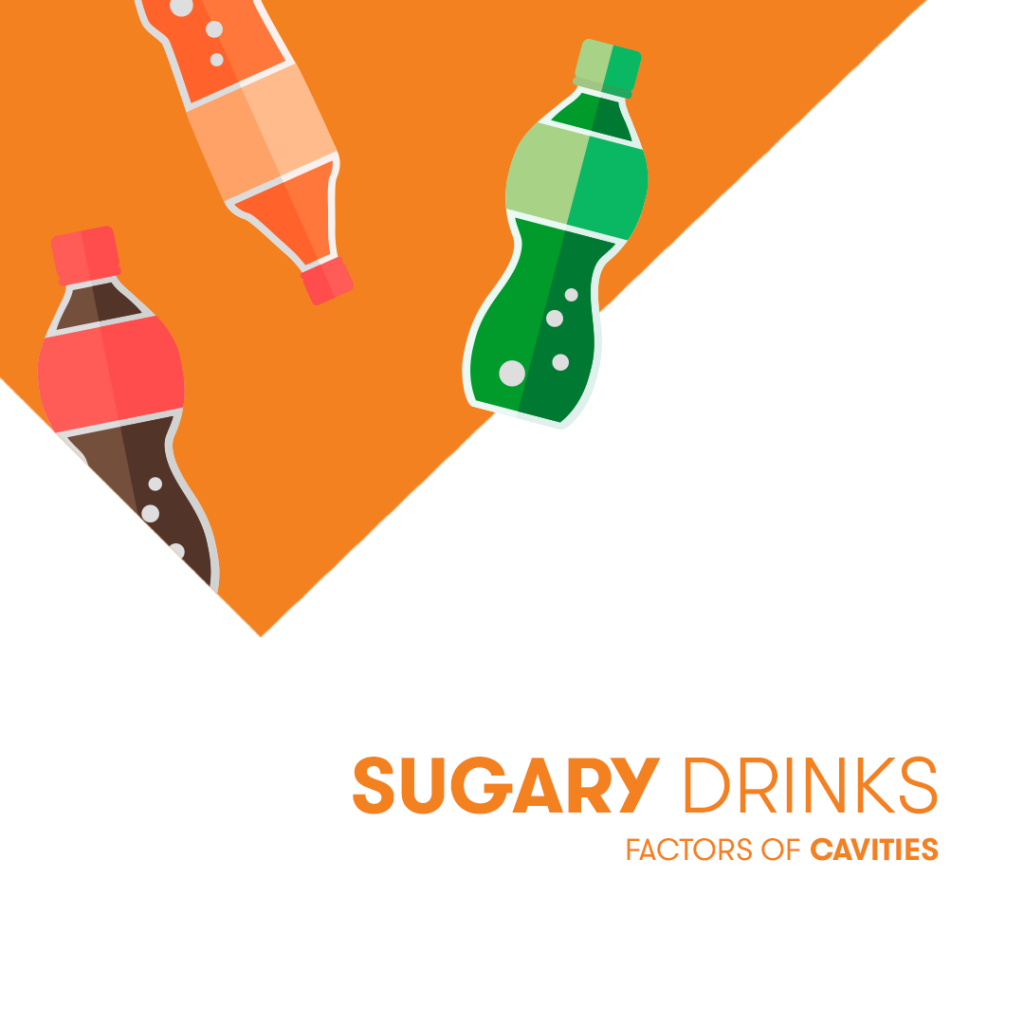One of the things we notice when meeting people for the first time is their smile. Our smile, and how often we smile, indicates our mood, personality, and disposition. Smiles are also deemed important in determining a person’s appearance. However, the health of our gums and teeth goes beyond outward significance and may be a good determinant of overall health.
What is plaque?
Plaque is a sticky film made of microbes (bacteria) that forms on the teeth – also called the biofilm. Bacteria in plaque produce acids by using the sugars and starches from the food and drink. The acid produced starts to damage the teeth’s enamel, causing cavities, and may lead to gum disease. When plaque is not removed by regular hygiene, this film gathers minerals from saliva to harden and form tartar. Tartar is hard and porous and can form above or below the gum line; it can only be removed by the dentist with special tools. When tartar starts to gather, there will be gum irritation and swelling, leading to the first stages of gingivitis.

How does gum disease develop?
Gum diseases affect most people during a lifetime and are caused by the accumulation of bacteria. Bacteria and debris from food lead to inflammation and infection over time. Fortunately, regular and proper mouth hygiene and visits to a dentist can prevent disease and limit the damage caused. However, neglect and poor hygiene can lead to pain, infection, and inflammation, and eventually loss of teeth.
Untreated disease can lead to problems with chewing and speaking. Gum disease (such as gingivitis or, even worse, periodontitis) also increases the risk of heart disease, diabetes, dementia, respiratory infections, stroke, and other conditions. This happens because bacteria in the mouth can travel to other parts of the body and eventually get into the bloodstream.
The first signs of gingivitis are inflamed gums that look red and bleed when brushing or flossing. Yet most people are not alarmed when their gums bleed regularly! If left untreated, gingivitis can progress to periodontitis, a condition where pockets develop between the teeth and gums. These pockets then gather plaque, tartar, and bacteria. If left untreated, periodontitis can progress to loss of tissue and bone.
Cavities are permanently damaged tiny openings or holes on the tooth’s surface, caused by several factors such as tooth decay, frequent consumption of sugary drinks, and poor dental hygiene.

Sounds terrible. What can I do?
Gingivitis and cavities can be prevented by looking after the teeth and gums and ensuring there is no bacterial plaque build-up on the teeth. The basic elements of good hygiene are:
- Clean between the teeth using interdental brushes or dental floss
- Brush your teeth at least twice daily for at least 2 minutes
- Take special care around crooked or crowded teeth and around fillings or dentures
- Use an antiseptic mouthwash that prevents plaque build-up
- Visit a dentist for check-ups and cleaning every six months (more often in the case of dental concerns)
- Address risk factors that make plaque build-up more likely, e.g., smoking, poor diet
Unfortunately, some people are genetically more prone to developing gum disease. If you think this is the case, this may warrant more frequent visits to your dentist rather than just routine check-ups.

Using the right products
The outside of teeth is made of enamel, which protects the more fragile materials known as dentin and pulp. Enamel is the toughest tissue of the human body, but this cannot be replaced naturally once lost. Enamel also protects nerves inside the teeth from sensitivity. Once this outer layer gets chipped or corroded, there may be sensitivity to hot or cold food or drink.
To keep your teeth and gums healthy, you need to use a toothpaste and rinse (mouthwash) that control dental plaque, prevent erosion, and reduce gum disease. At the same time, you need a product that will soothe and strengthen the gums.
Kin B5 Toothpaste and Rinse contain ingredients that are vital to oral care. Fluoride and Xylitol strengthen the irreplaceable enamel; Cetylpyridinium chloride provides an anti-plaque effect; pro-vitamin B5 and vitamin B3 lead to stronger gums.
Daily oral care with Kin B5 removes the dental biofilm, preventing plaque build-up. The use of fluoride products is essential to prevent cavities and strengthen enamel. Fluoride and Xylitol found in Kin B5 Toothpaste and Rinse encourage the remineralization of the enamel, contributing to the prevention of caries. Both the pro-vitamin B5 and vitamin B3 have regenerative effects on the gums.
The next time you see a big smile, rest assured that there are easy ways to keep your gums and teeth healthy!

Sources:
- What Is Plaque And How Can You Remove It From Your Teeth. (2020, August 13). OGLF. https://www.oglf.org/what-is-plaque/
- Gum disease: Prevention. (n.d.). European Federation of Periodontology. Retrieved August 3, 2021, from https://www.efp.org/gum-diseases/gum-disease-prevention/
- Periodontitis—Symptoms and causes. (n.d.). Mayo Clinic. Retrieved August 4, 2021, from https://www.mayoclinic.org/diseases-conditions/periodontitis/symptoms-causes/syc-20354473
